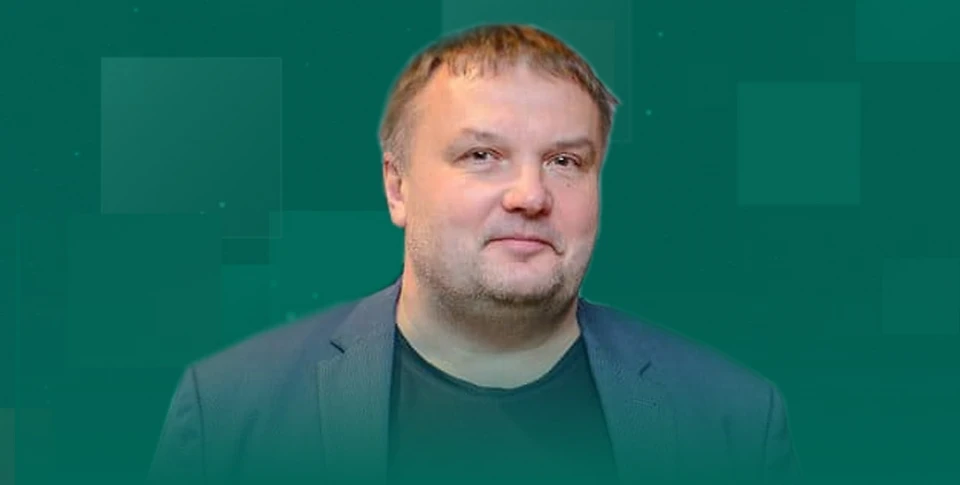
Kadyrov's blood revenge. What it means for Russian elites
Ramzan Kadyrov threatens blood revenge against Dagestani senator Suleyman Kerimov over an alleged assassination plot
The real reason is how Wildberries, one of the largest marketplaces in Russia, will be divided.
1. Kerimov once explicitly hinted that this company was promised to him personally by Putin. This means that the resolution of this issue was a direct guarantee from Putin.
2. The shootout in the center of Moscow, when Chechens killed two Ingush guards, did not lead to any interethnic clashes. Moreover, these events were followed by a meeting of Ingush and Chechen “elders” (headed by Delimkhanov). The essence of this meeting boiled down to accusations of sharia violations by the Ingush and ritualistic declarations of peace. Simply put, Kadyrov was already turning gangland disputes into a Muslim law.
3. The blood revenge statement is an attempt to override "Putin's word" with "traditional customs," which are part of the pact between Putin and Kadyrov.
4. Kadyrov is showing his inner circle and the Russian elites that he cannot lose, even when standing against Putin. Surrendering would mean a decline in the Chechens' role in the "security business" across Russia. Credit should be given to Kadyrov - he found a way that doesn't directly challenge Putin. He appeals not only to conceptual matters but wraps them in traditional, proto-religious constructs, thereby avoiding direct accusations against Putin.
5. From the emperor’s perspective, all of Kadyrov’s maneuvers are still an ultimatum. Putin fully understands that everyone is waiting for his reaction. Everyone also knows Putin’s style - he delays decisions. However, it's worth recalling that elites have only just begun to forget how Putin, after promising not to kill, assassinated Prigozhin. Now there's a new situation - Putin promised Wildberries to Kerimov and may (or may not) protect him. Putin must simultaneously protect Kerimov and "appease" Kadyrov.
6. Putin's reputation as an emperor, a person who decides without regard for conventions, depends on how he acts in this situation. In the past, he always punished both sides in such cases, though the degree of punishment varied. A classic example is the trial of Sechin versus Ulyukaev. Ulyukaev was imprisoned, while Sechin remained the head of Rosneft but lost influence.
7. The situation is more complicated here - Putin cannot avoid punishing Kadyrov, but how to do so without disrupting the status quo in Chechnya is unclear. This is the beginning of a long "series," which will inevitably end either with Kadyrov losing influence or with further defiance from other, less powerful but equally bold players. In many ways, this is a repeat of the 1990s, but at a new stage of development and with a stronger, yet more corrupt state.
8. There is another important aspect: after Patrushev was demoted,the institution of a “coordinator” of the security forces disappeared in Russia, and now they all report directly to Putin. This means they are coordinated sporadically and situationally. Such freedom of action is likely to lead to certain imbalances in the repressive system (concerning economic, rather than political players) over time.
About the author: Vadym Denysenko, political scientist.
The editors do not always share the opinions expressed by the blog authors.
- News













































